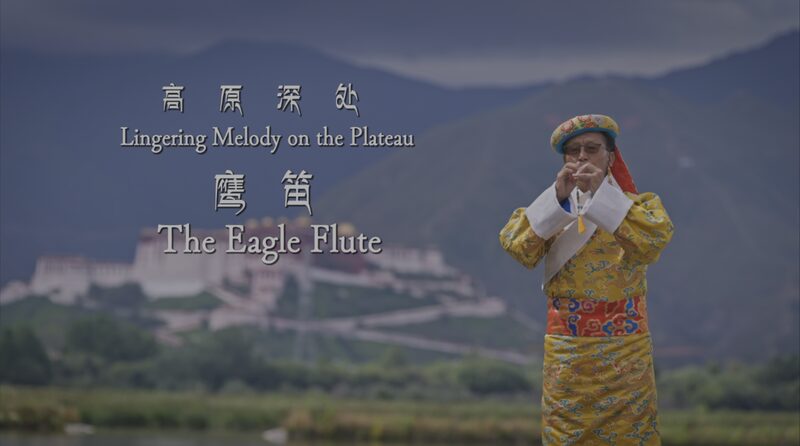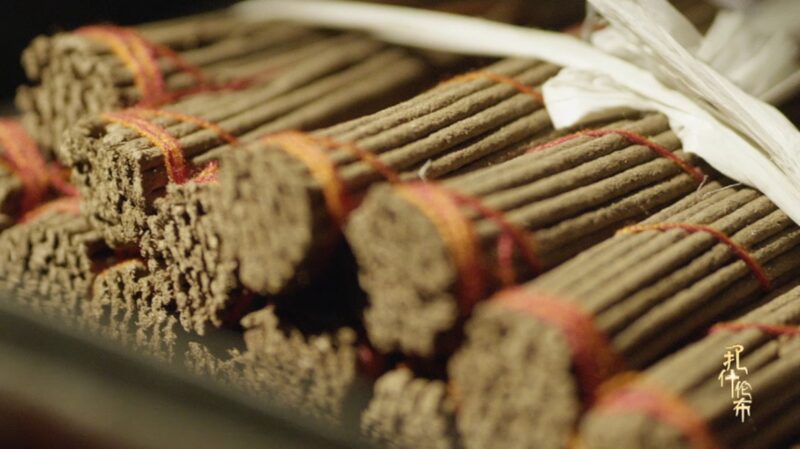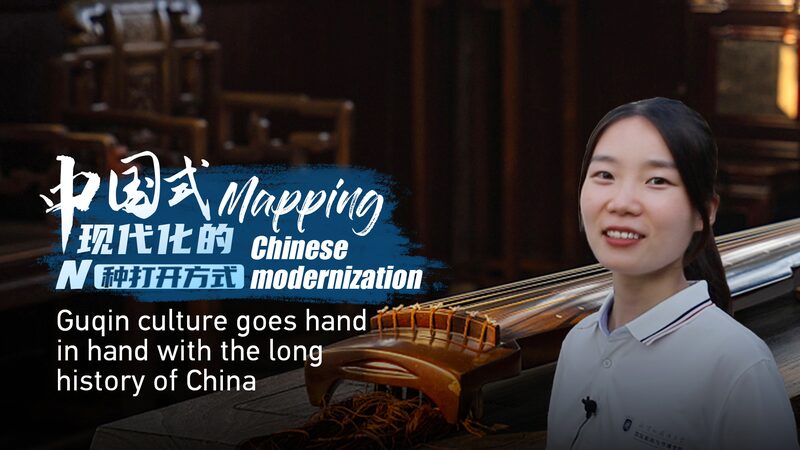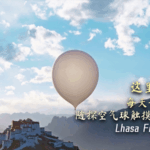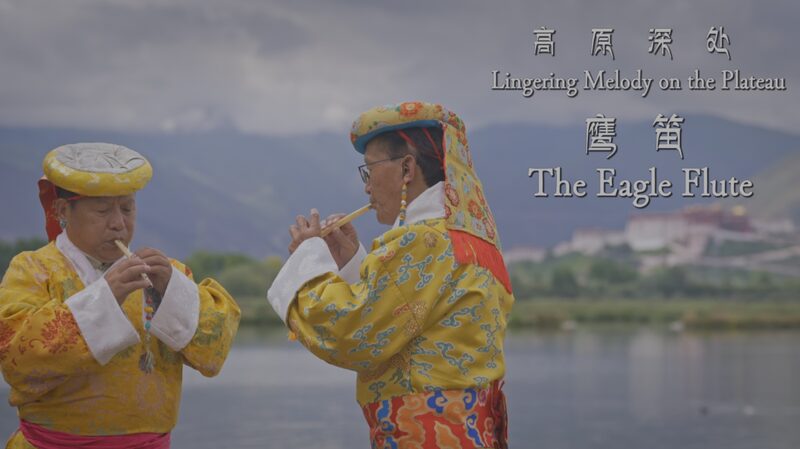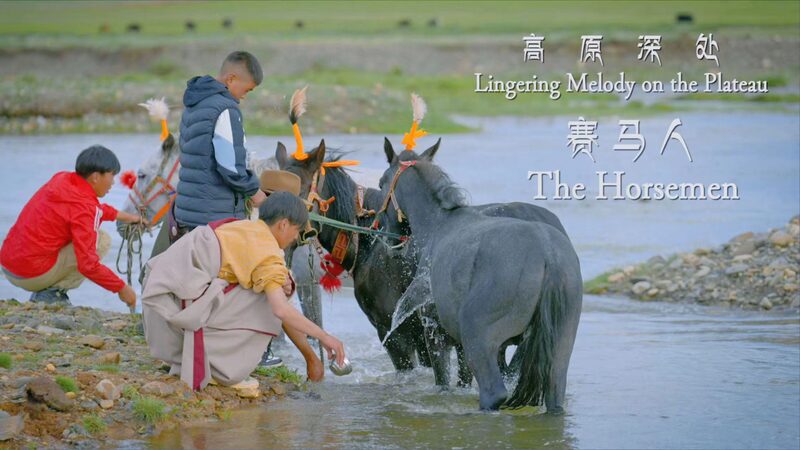In the heart of Lhasa, the capital of southwest China’s Xizang Autonomous Region, 73-year-old musician Tsenten takes the stage, his fingers gently cradling the slender form of the Tibetan eagle flute. As he begins to play, haunting melodies fill the air, echoing across the plateau and transporting listeners to a bygone era.
The Tibetan eagle flute, known for its distinctive sound resembling the call of an eagle, is a traditional instrument with a rich history in Tibetan culture. Crafted from bone or wood, it holds significant spiritual and cultural importance, often played during religious ceremonies and local festivals.
“The eagle flute is more than just an instrument; it’s a voice from our ancestors,” says Tsenten, his eyes reflecting a lifetime of devotion. “I want to share this beautiful tradition with the world, so it won’t be forgotten.”
Despite his age, Tsenten tirelessly performs in local venues and teaches the younger generation, hoping to ignite a passion for traditional music. His efforts come at a time when globalization poses challenges to the preservation of indigenous cultures.
“Young people are curious about modern music, but I believe there’s room for both,” he explains. “By introducing the eagle flute to wider audiences, we can keep our heritage alive while embracing the new.”
Tourists and cultural enthusiasts visiting Xizang are increasingly drawn to performances like those of Tsenten. His music not only entertains but also offers a window into the profound depth of Tibetan culture.
“Listening to the eagle flute here in Lhasa is an unforgettable experience,” says Maria, a traveler from Spain. “It’s amazing to see traditions being kept alive.”
Academics and researchers have also taken note of the resurgence in traditional music. “Artists like Tsenten play a crucial role in cultural preservation,” notes Dr. Li Wei, a scholar in ethnomusicology. “Their work ensures that age-old practices continue to enrich our global heritage.”
As the final notes of his performance fade, applause fills the room. For Tsenten, it’s not just about recognition but about passing on a lingering melody that will echo on the plateau for generations to come.
“Music connects us all,” he smiles. “I hope the eagle flute continues to soar in the hearts of people around the world.”
Reference(s):
Lingering Melody on the Plateau: Telling the world about eagle flute
cgtn.com
